PRODUCT INFO
Turtle Beach Stealth 700 Gen 2 Headset For PlayStation
September 20th, 2020
If your child has a headset written down on their holiday wishlist, chances are it’s a Turtle Beach headset. As the most prolific headset manufacturer on the Xbox family, most headsets I saw sold during my tenure at GameStop had the iconic palm tree motif on the speaker cups. While best known for their mid-range wired headsets on consoles, Turtle Beach has been making a solid effort when it comes to wireless headsets as well. The model I received to test out, the Turtle Beach Stealth 700 Gen 2, is their first premium model meant to work with both PlayStation 4 as well as PlayStation 5. It can work with other platforms as I tested, however these other sources were less than ideal. So, how does Turtle Beach’s first offering for the PlayStation 5 stack up against the competition?
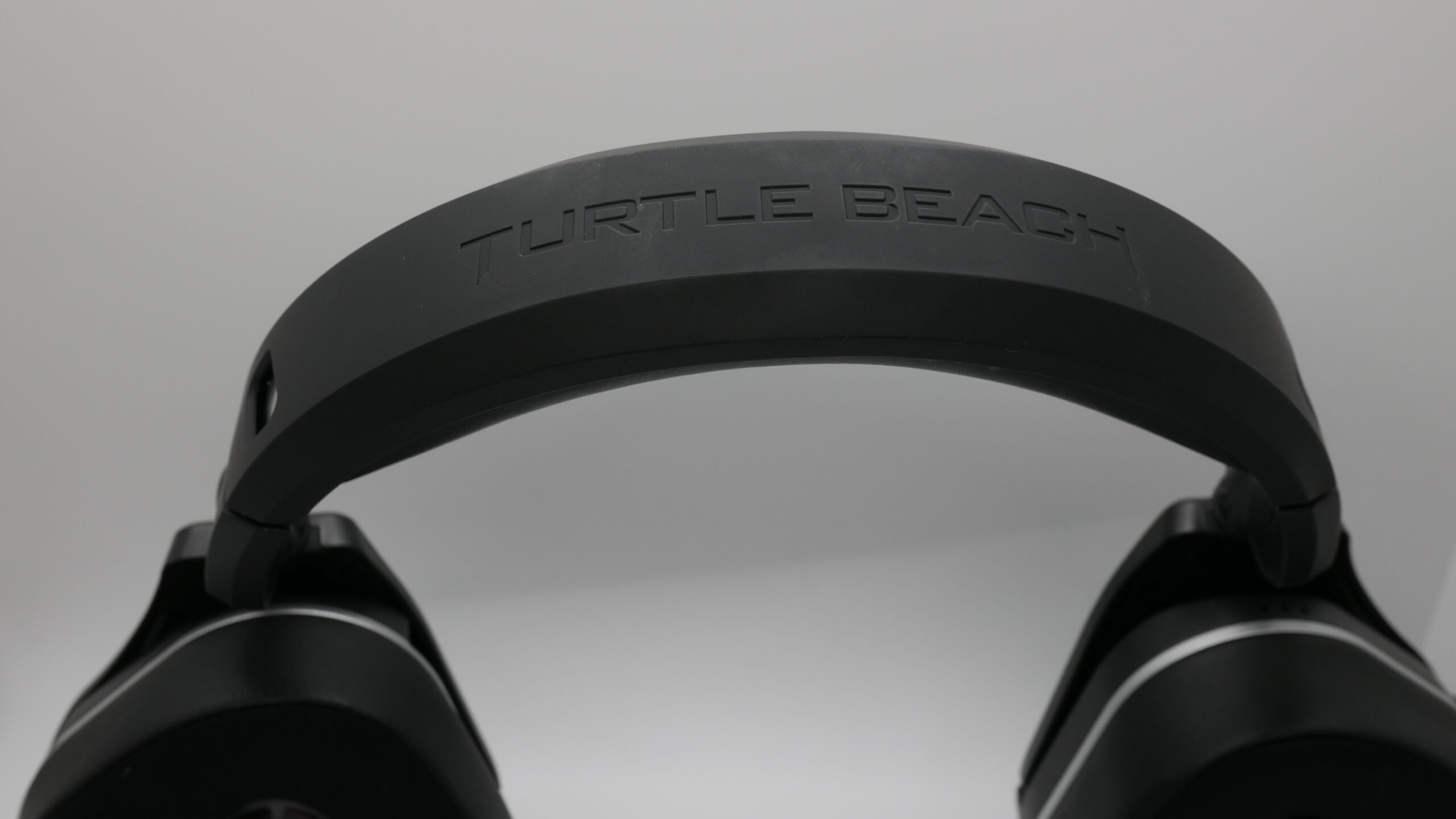
Coming in at just shy of $150 USD, the Turtle Beach Stealth 700 Gen 2 cements itself in the higher tier of gaming headsets. It might not be in the $200 club that some of the Astro and premium manufacturers strive for but both the price and quality of Turtle Beach’s newest hybrid wireless headset is a welcome change from the more economical range that the headset manufacturer typically targets.
As is the case with every other wireless headset I’ve yet to come across for PlayStation 4 (and PlayStation 5 seems to follow the similar trend), this headset must be paired to a Sony console via the included USB dongle. Thankfully the PlayStation 5 has a legacy Type-A USB port for such an occasion. Once the USB dongle is inserted and the Stealth 700 Gen 2 headset is turned on, it will automatically pair to one another, all the while leaving the Bluetooth signal open if you wanted to loop in your phone or other mobile device to stream music or podcasts as you play.
The Stealth 700 Gen 2 is one of the more fickle headsets I’ve utilized when it comes to working on PC, however. With the USB dongle, I ran into a few issues with getting the headset to pair up properly on PC. For PlayStation 4 (and I presume PlayStation 5 will operate the same way), merely plugging in the transmitter dongle and turning the Stealth 700 Gen 2 headset on will pair the two together and switch all of the audio settings over, just as the user would expect. However, on PC, it was sometimes a gamble whether I would actually get any audio to pass through onto the headset. Windows would confirm the audio device is switched over and I’d have my equalizer lighting illuminate just as it always does, but with no audio response from the headset. It was a gamble as it wouldn’t work one day, work the next, and then not work again. If I can isolate the issue and come up with a proper solution, I’ll update my impressions on the Stealth 700 Gen 2 accordingly.
That issue was only limited to trying to use the Stealth 700 Gen 2 headset with the USB dongle on PC. With the integrated Bluetooth support on the headset, pairing that to my PC had no issues with latency or performance while sitting at my desk. If you happen to have a Bluetooth transmitter in your PC (or Nintendo Switch), I’d have to recommend that workaround beyond trying to use Turtle Beach’s latest headset with the USB dongle on anything that isn’t PlayStation.
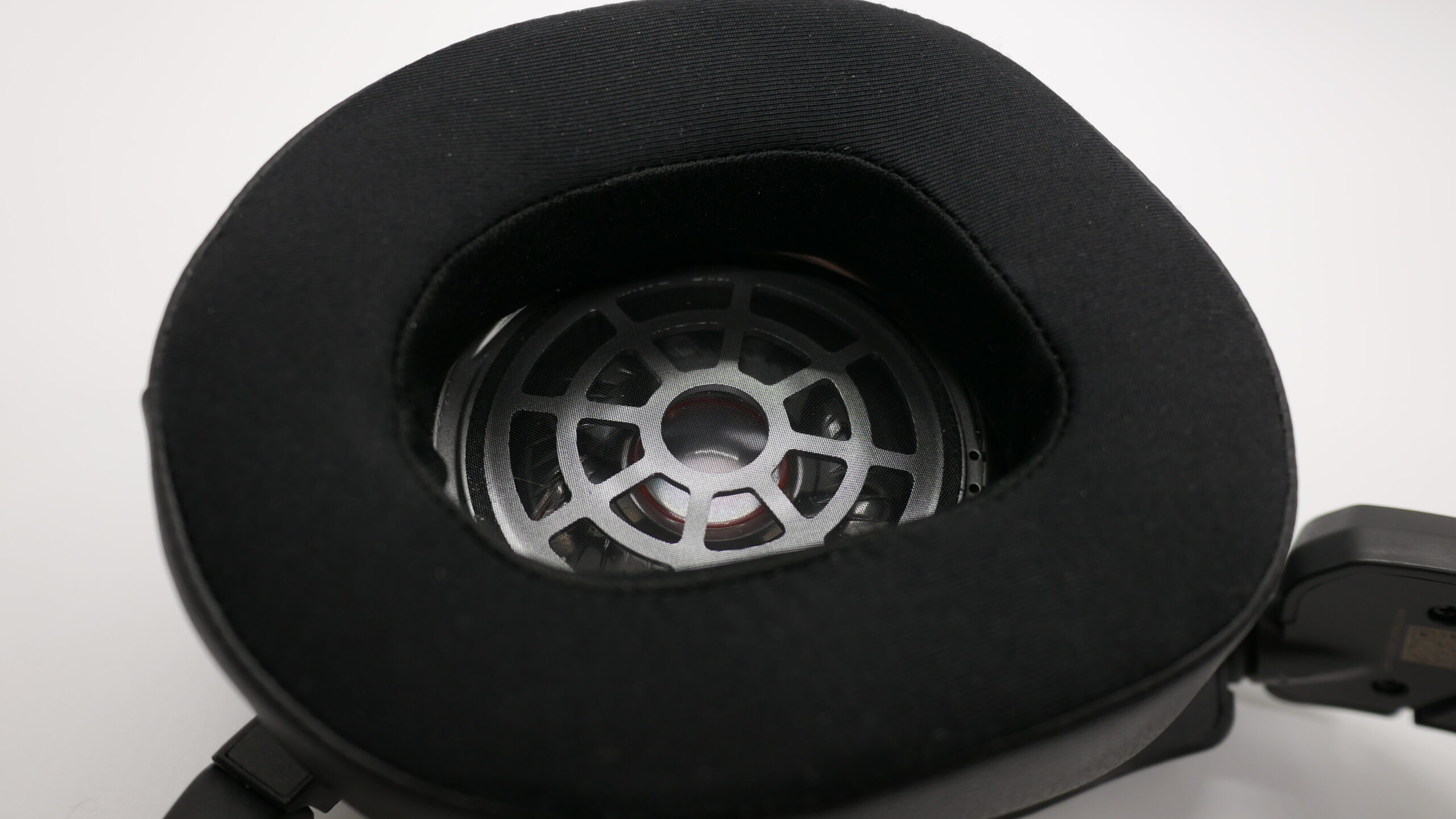
Bluetooth support on Turtle Beach’s Stealth 700 Gen 2 is actually a surprisingly fantastic addition to this beefy set of cans. There’s one small caveat to this: users must download the Turtle Beach Audio Hub in order to get the headset to pair with their mobile phone, at least on Android. Once the app is installed once, the headset will pair automatically with your chosen phone and this app is the only place where you can customize the dial commands on the Stealth 700 Gen 2 as well as the audio preset and mic monitor.
From within the Audio Hub app, you can also choose what the secondary dial does (the primary dial always controls the master volume), from the Bluetooth volume, Superhuman Hearing volume and mic monitor levels (the default setting). A mode button can also be toggled to toggle the Superhuman Hearing mode, Game Preset profile, and a mic noise gate that can eliminate unwanted noise from being captured when the mic is enabled. As with the Stealth 600 Gen 2’s, this model of Turtle Beach features a flip-to-mute mic that folds neatly in the left earcup when not in use and has a comparable audio quality to the likes of Antlion Audio’s ModMic solution.
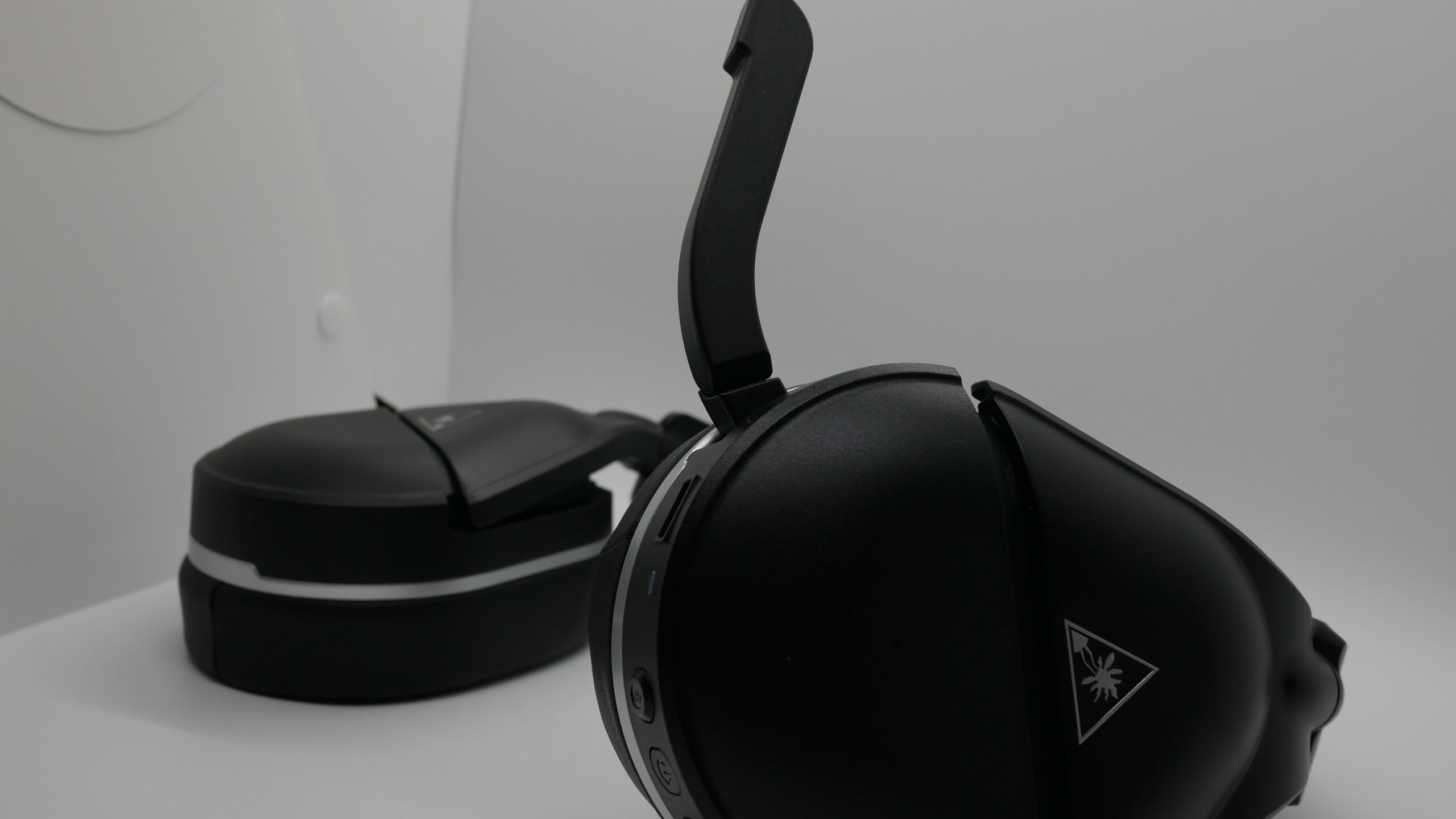
A key feature that can’t be understated is the inclusion of an internal audio mixer within the Stealth 700 Gen 2 that doesn’t require any sort of external apps to operate. While the Turtle Beach headset is paired with the PlayStation 5 via USB dongle, the user can also pair it to their mobile phone for Spotify or whatever other audio app of choice. This alleviates the need to mess around with PlayStation Music, especially if you’re in the mood for some vapor wave or just about anything else that isn’t offered on the Sony platform. To get this kind of support from an Astro headset, you’d need a wired headset plus their MixAmp Pro. To quote Todd Howard, “You see that mountain? It just works.”
There’s a richness of sound to the Stealth 700 Gen 2’s that I wouldn’t expect from a gaming headset. With the Signature Sound feature enabled, the oversized earcups are filled with a symphony of sounds that surround the listener’s ears from all angles. The ProSpecs earcups also add in a minimal amount of passive noise cancelling that’s a nice touch but doesn’t match other offerings from the types of headsets that advertise noise cancelling as a proper feature.
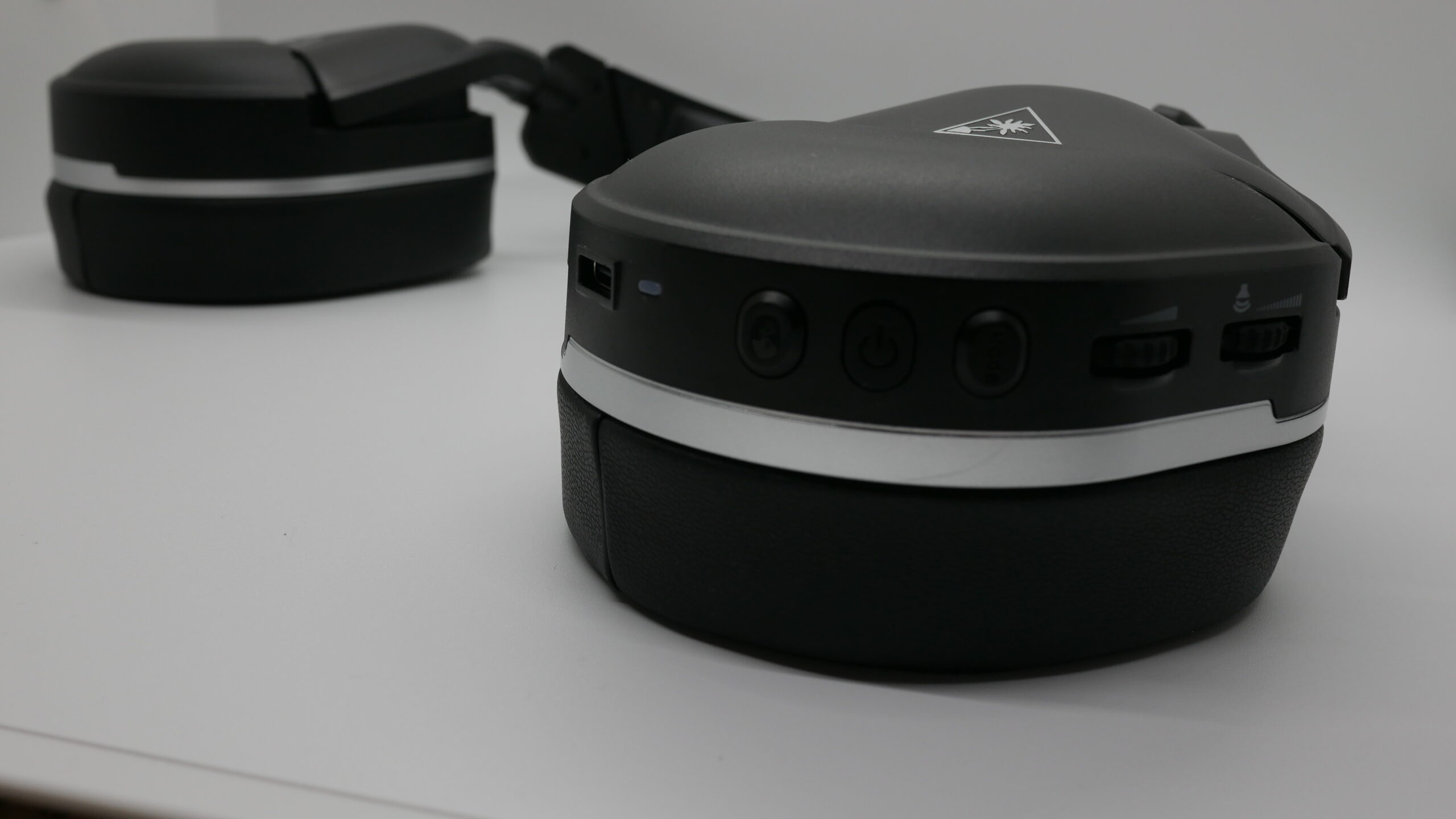
The earcups on the Stealth 700 Gen 2 headset are a bit larger than other competitors and offer a satisfying level of resistance against the wearer’s ears. Thanks to the ProSpecs design, the Stealth 700 Gen 2’s are comfortable to wear with glasses for extended periods of time. Depending on the size of your head, you may find that there’s a bit of compression to the Turtle Beach headset as it rests on your ears. I like to think that I have a fairly average sized dome and even that was afflicted with a bit of pressure from wearing the Stealth 700 Gen 2 for a lengthy period of time. For shorter bursts, say a half hour or so of Call of Duty matches then taking a break to refill my drink or something, the headset was fine. If you’re looking for an all-day headset that can take advantage of the 20-hour battery life on this particular set, you may way to try them on before committing to a purchase.
As for the rest of the build quality, this particular set of Turtle Beach headphones stood out among their usual wired offerings. Even compared to the Stealth 600 Gen 2 which features an all-plastic frame, the reinforced metal design held up well to the past couple weeks of repeated wear and use. There’s a small creak from the hinges that slide out the extendable headband when stretching the headset outwards to put it on my head. This is usually the #1 stress point for breaking a headset as I’ve learned from multiple cheaper headsets sold at GameStop. Thankfully, the Stealth 700 Gen 2 headset has seen no sign of upcoming breakage or cracking even when pulling the headset outwards to slip it over my glasses and face mask.
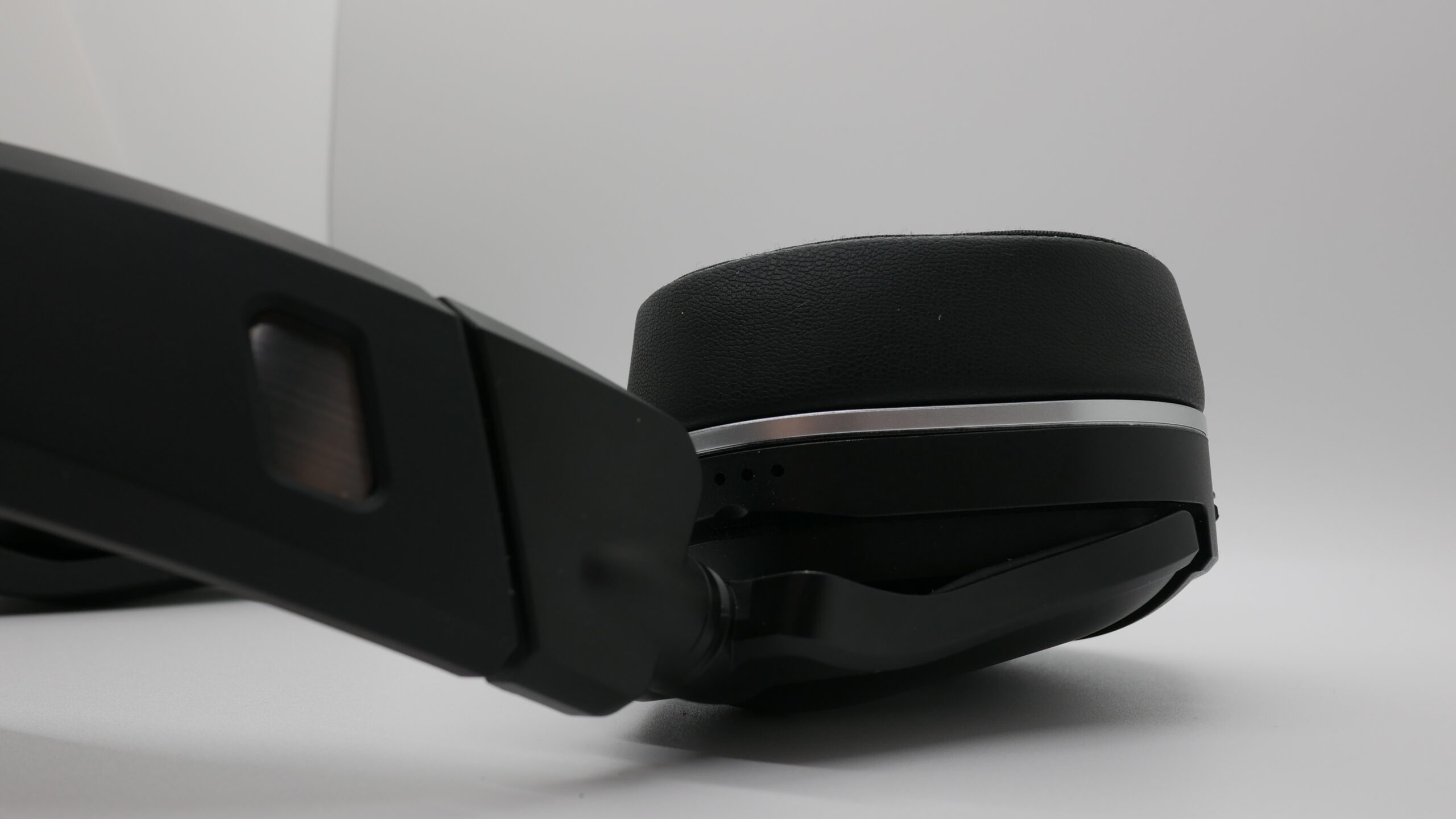
Our very own Dave Aubrey received the step down from this line of Turtle Beach headsets to try out recently. Enclosed are his thoughts on the Turtle Beach Stealth 600 Gen 2, the company’s $99.95 wireless headset.
Compared to the 700, the Stealth 600 Gen 2 is missing a handful of essential features. The Bluetooth connectivity is chief among them, and then in addition to the far firmer and more traditional foam earcups, the 600 is left feeling like a far less premium product. But despite the distinctly plastic look and feel of the device, the Stealth 600 Gen 2 still delivers an excellent audio experience. Whether it’s listening to music or listen to the footsteps of your enemies, the headset delivers very well.
It still manages to be comfortable with smaller earcups, and the flip-to-mute microphone is surprisingly responsive and delivers clear audio to your party chat. In general the audio quality for this headset is much like the aesthetic design – pitch perfect for the price. The only problem would be the fairly obvious step down in build quality. If you want a truly premium experience then the 700 is your best option, but the Turtle Beach Stealth 600 Gen 2 makes a compelling case for a balance between affordability and quality.
It’s lamentable that Sony’s next generation console will still require USB dongles in order to take advantage of headsets. With how well the Stealth 700 Gen 2 handles Bluetooth connectivity, I would have liked to see the PlayStation 5 offer the same option when it comes to using third-party headsets with Tempest Audio. Nevertheless, I do have to commend Turtle Beach on making a high-end gaming headset that will work not just with the next generation of consoles but with simultaneous Bluetooth connectivity to a mobile device as well. Some kinks need to get ironed out with getting Turtle Beach’s Stealth 700 Gen 2 headset on PC but this is proof that Turtle Beach is already off to a solid start when it comes to next generation consoles.
Turtle Beach’s first premium headset for PlayStation 5 offers a rich, signature sound while allowing the headset to be paired via Bluetooth for simultaneous music input. Some comfort issues and PC compatibility keep the Stealth 700 Gen 2 from exceeding in every category but this stands as one of the better options available for the PlayStation 5 launch next month.
Pros
- Simultaneous input for console audio and Bluetooth music
- ProSpecs earcup padding comfortable to eyeglass wearers
- Solid 20+ hours of use per charge
- Compatible with both PlayStation 4 and 5 as well as most Bluetooth devices
Cons
- Pairing with PC can be hit or miss
- Horizontal pressure can lead to discomfort from long-time use
- Requires Audio Hub mobile app to pair with mobile devices
- Mic sensitivity too strong (even with noise gate activated)
- USB dongle required on PlayStation, taking up limited USB ports





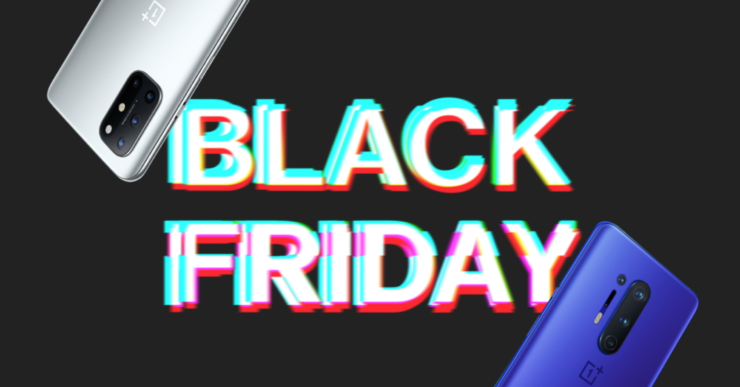

More Stories
New The Elder Scrolls V: Skyrim Dark Knight Mod Introduces Impressive-Looking Ebony Armor and Shield
Silent Hill Director Leaves Sony’s Japan Studio Alongside The Last Guardian Producer to Form a New Development Studio
Cyberpunk 2077 Modding Could Start with WolvenKit Community Open Source Project Support